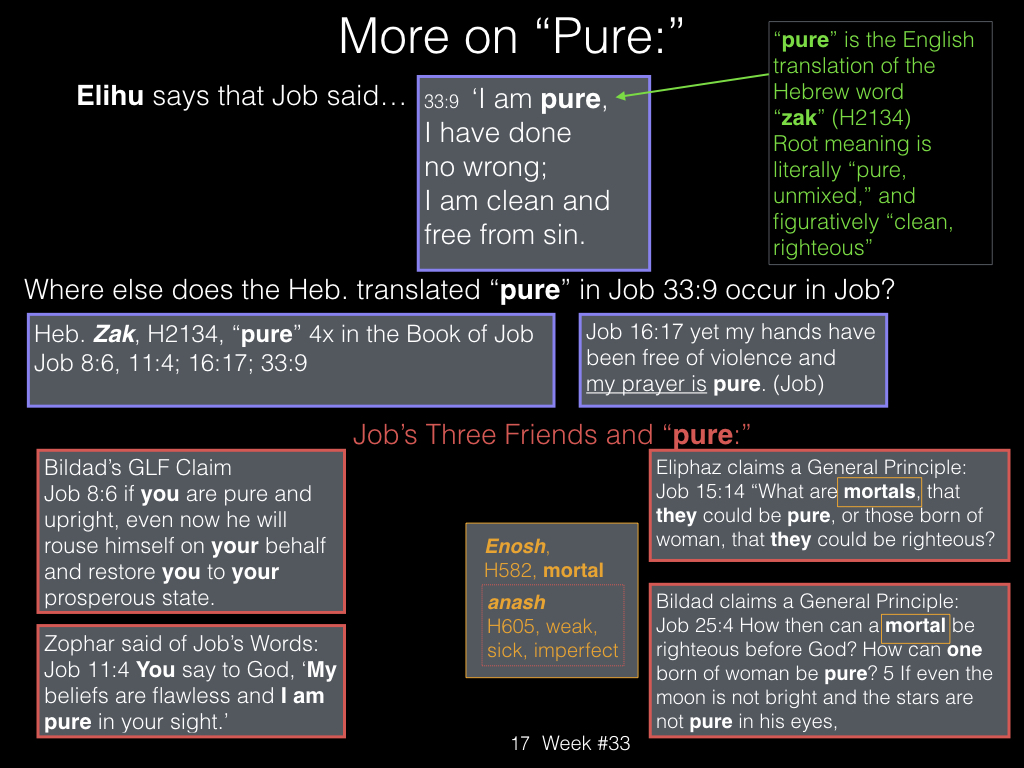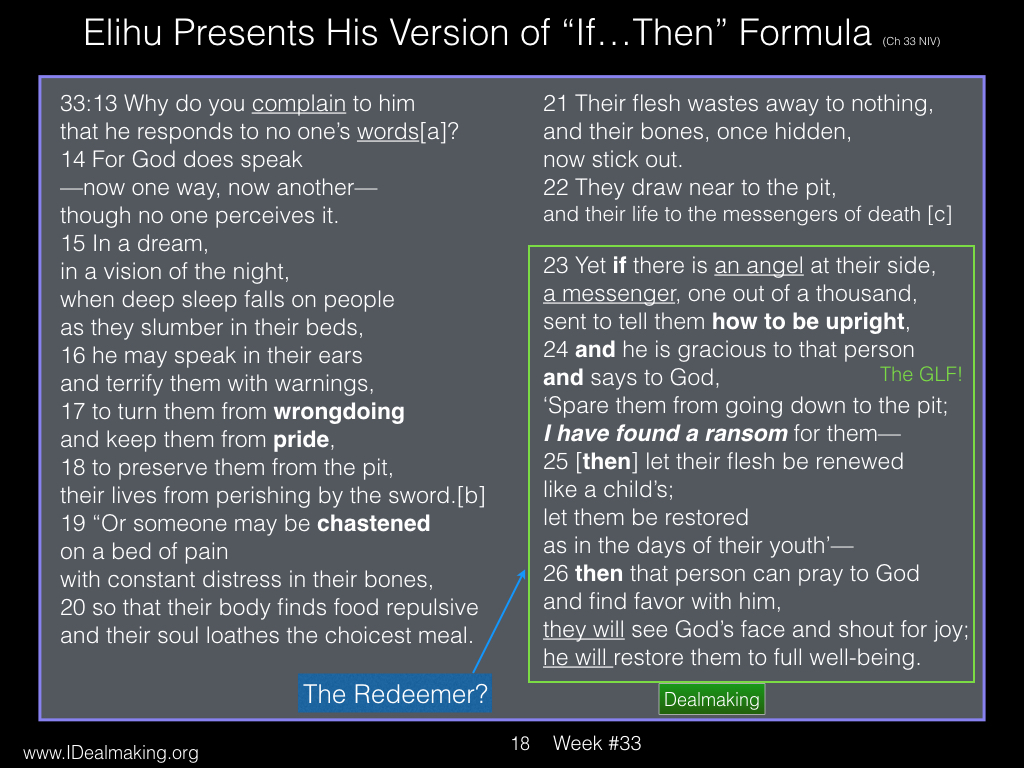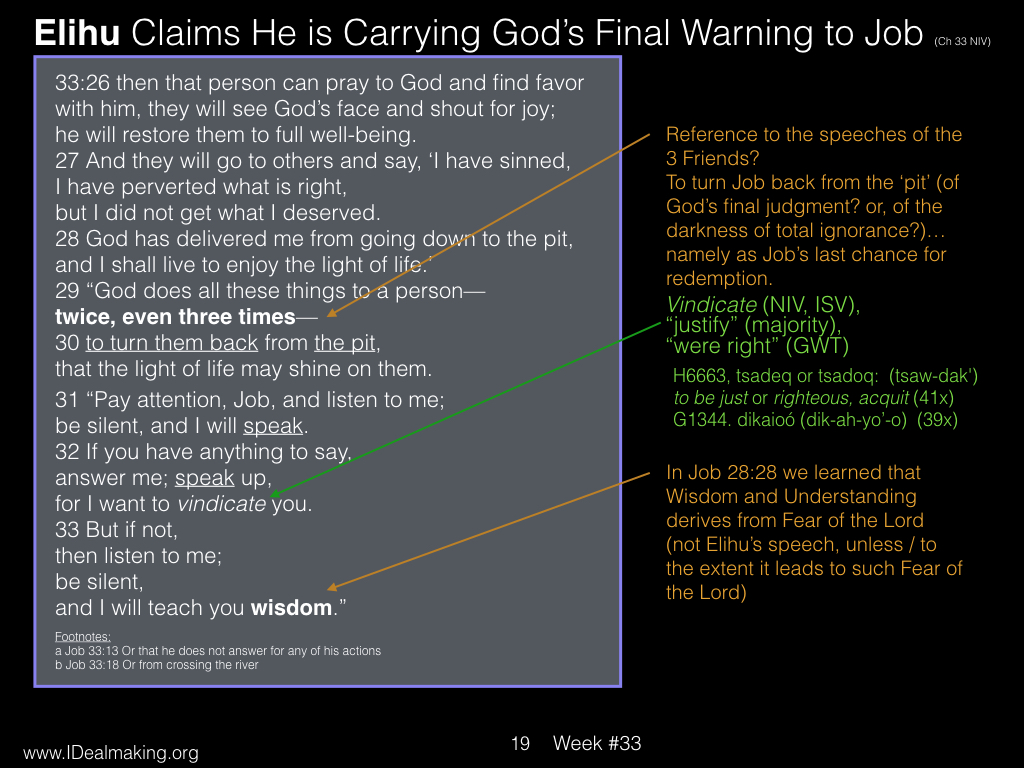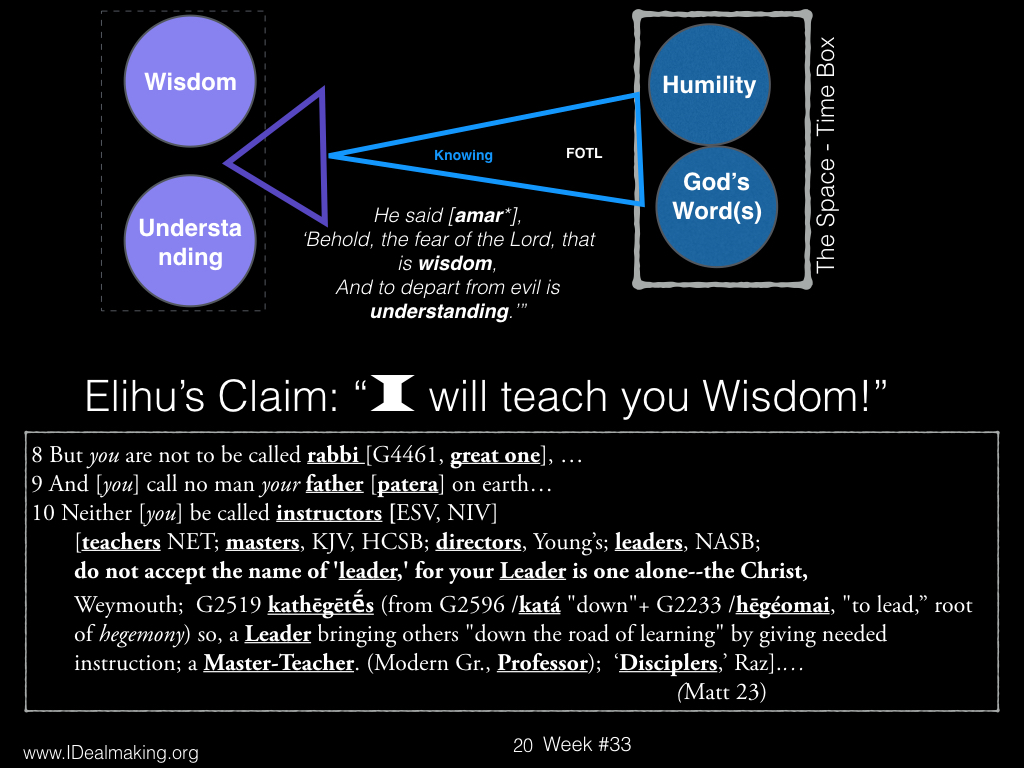Study Charts for Job Chapter 33
The chart below uses a renown painting by Raphael whose English title is “School of Athens.” It was painted (in 1511) on one wall of a room used as the Papal library a short distance from the Sistine Chapel famously painted by Michelangelo, a contemporary of Raphael. The two pictures below have been intentionally de-colorized to improve their image in black & white handouts. The true color version is strikingly beautiful and is available for viewing on many websites. A particularly interesting tutorial is available at Khan Academy. The famous chain of learning was Socrates then his student Plato and his student Aristotle and his student Alexander the Great. Although as the below painting shows, there was a great divide in fundamental perspective between Socrates / Plato and Aristotle, Aristotle embodied the best of human wisdom (i.e. Philosophy) at the time. Hundreds of years later, the Romans highly revered Aristotle: Cicero said that “If Plato’s prose was silver, Aristotle’s was a flowing river of gold.”
Aristotle, helped by the writings of Thomas Aquinas (A.D. 1225 – 1274), became such a cardinal figure in so many areas that for nearly 2,000 years (to the Renaissance) he was the revered philosopher, the giant of history who began the codification of knowledge and knowledge systems. If you were magically time traveled to, say, A.D. 1000, to any gathering of learned scholars, you would have heard reference simply to “The Philosopher,” meaning Aristotle. Even today, Aristotle’s footprint is on many aspects of logic, ethics, and aesthetics. However…see Chart #4 that follows the below chart.
Naive Eve, and knowing Adam, were drawn to the (cunningly false) promise of God-likeness in terms of knowledge, specifically the forbidden knowledge of good and evil. They did come to know something: their nakedness. The specifics of their change in appearance is not important to the main message (or God would have given us those details). What is important, is that they knew their unwanted barrenness, which led to their their feeble self-effort to undo it. We all, now thrust into Space-Time, away from direct apprehension of God Himself, have struggled ever since to ‘cover’ our nakedness, including pursuing our need both for true knowledge and an answer to the curse of our evil and mortality.
Aristotle began his search for knowledge (wisdom), with himself. Within Space-Time such search can accomplish great things. But as to ultimate reality, Aristotle’s teacher, Plato, was closer to the truth, and the great early church leader Augustine (A.D. 354 – 430) brought Plato’s search for ultimate truth to Christ Himself.
Next week’s study, #34, is here:
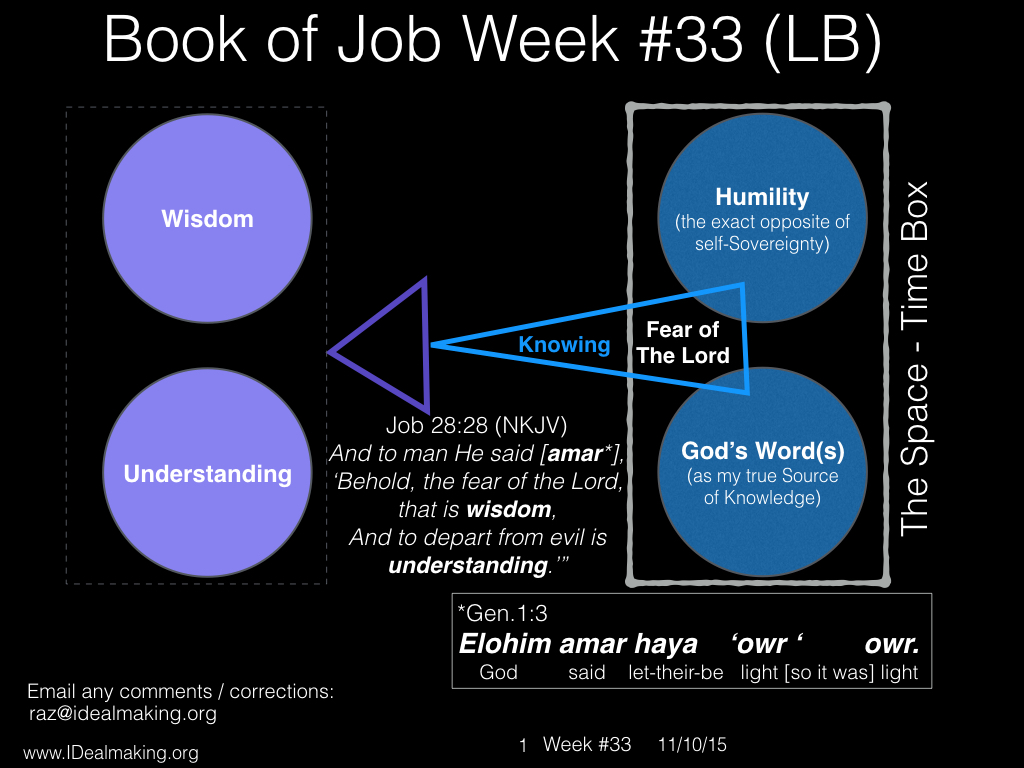
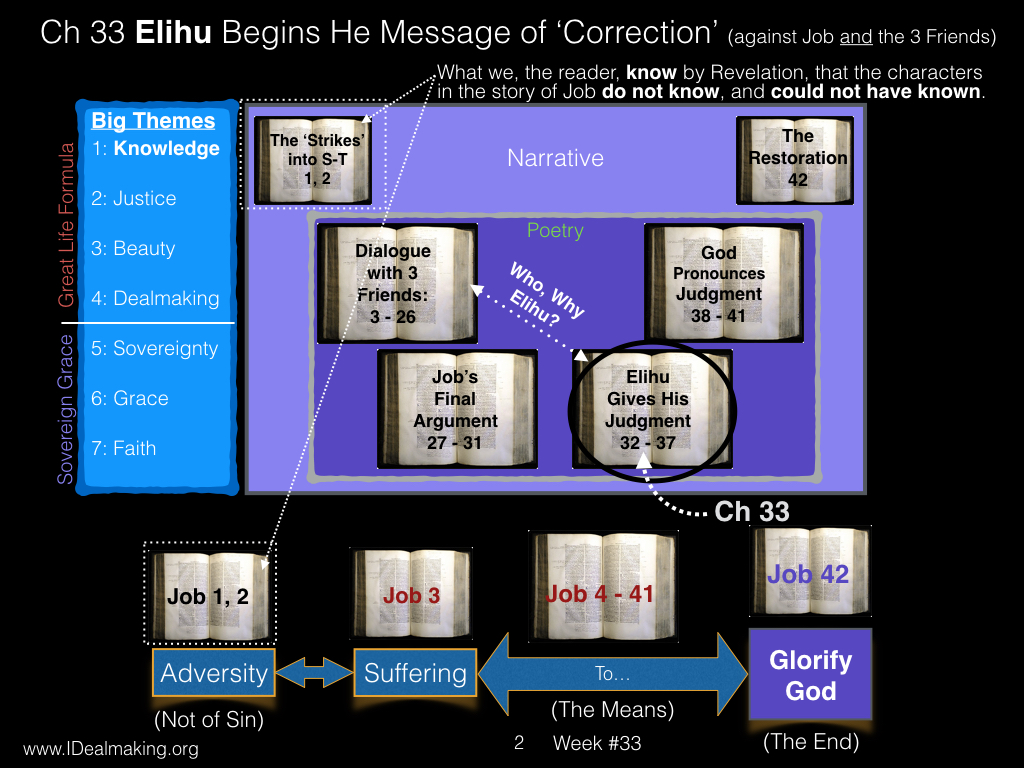
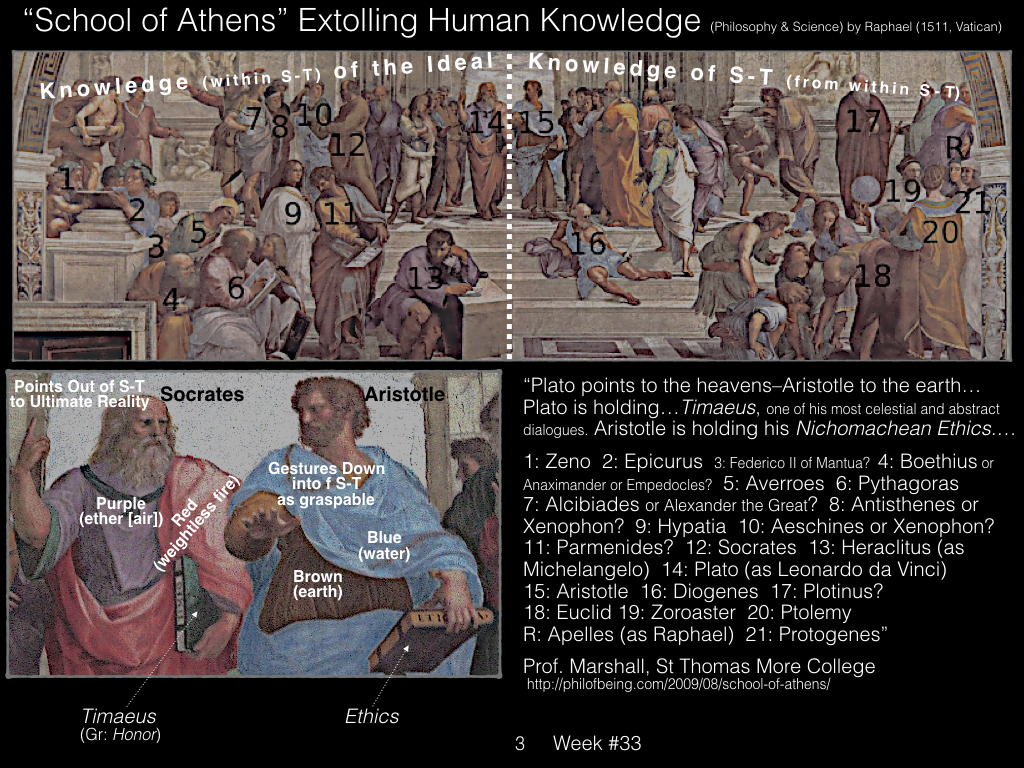
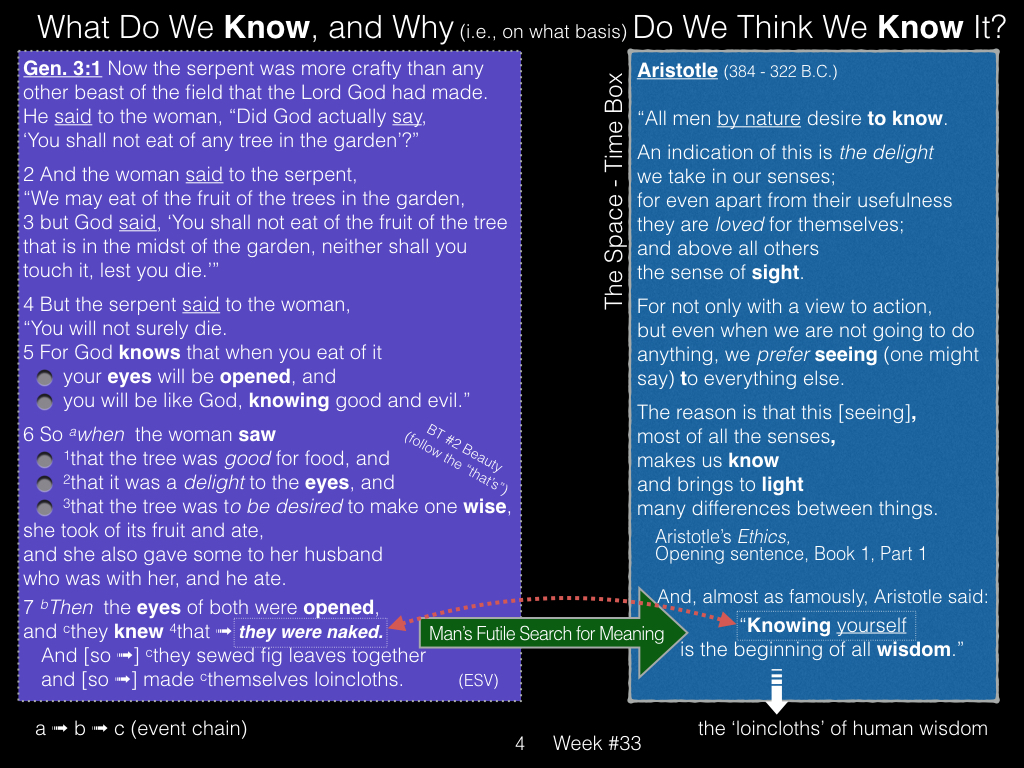
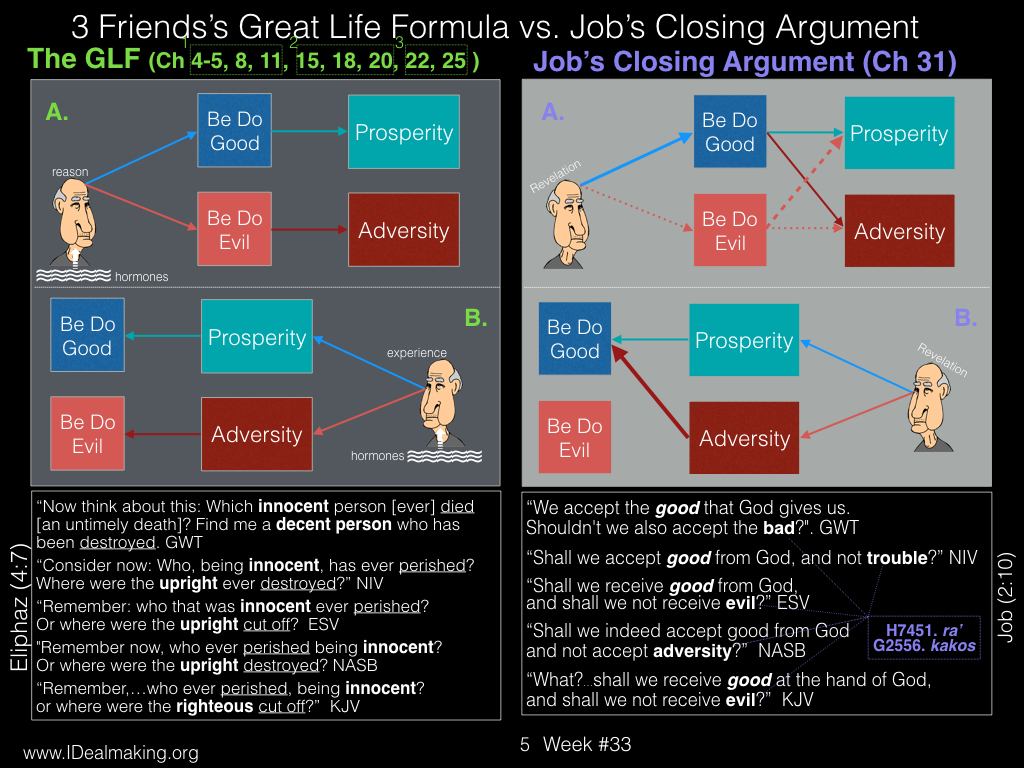
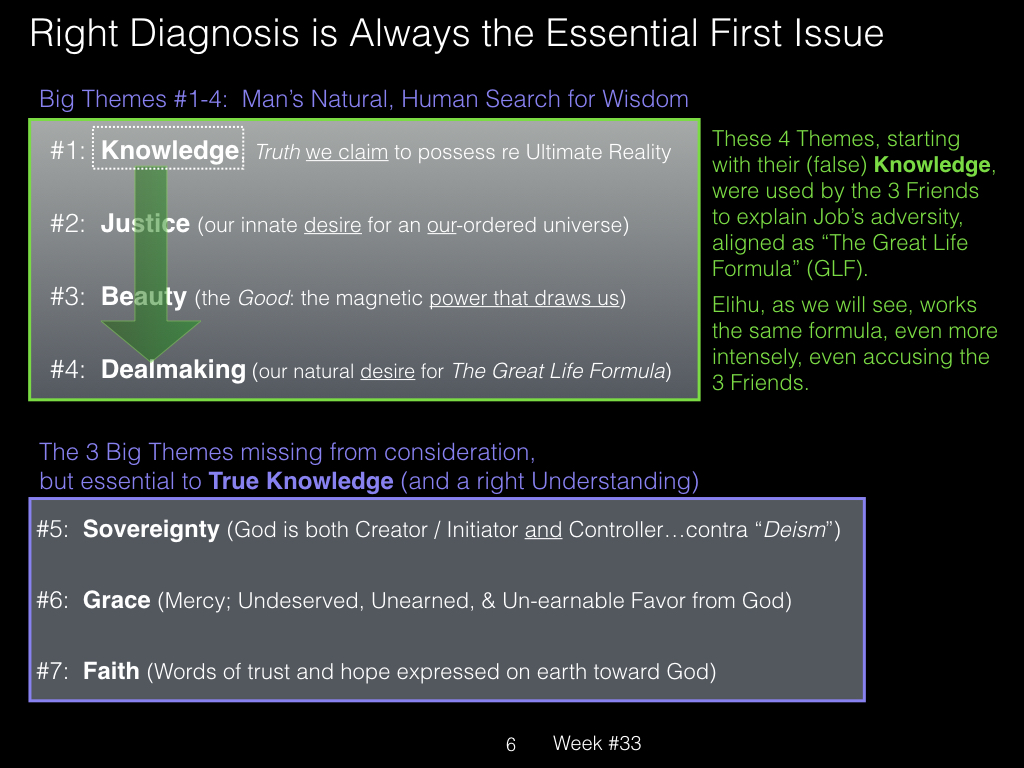
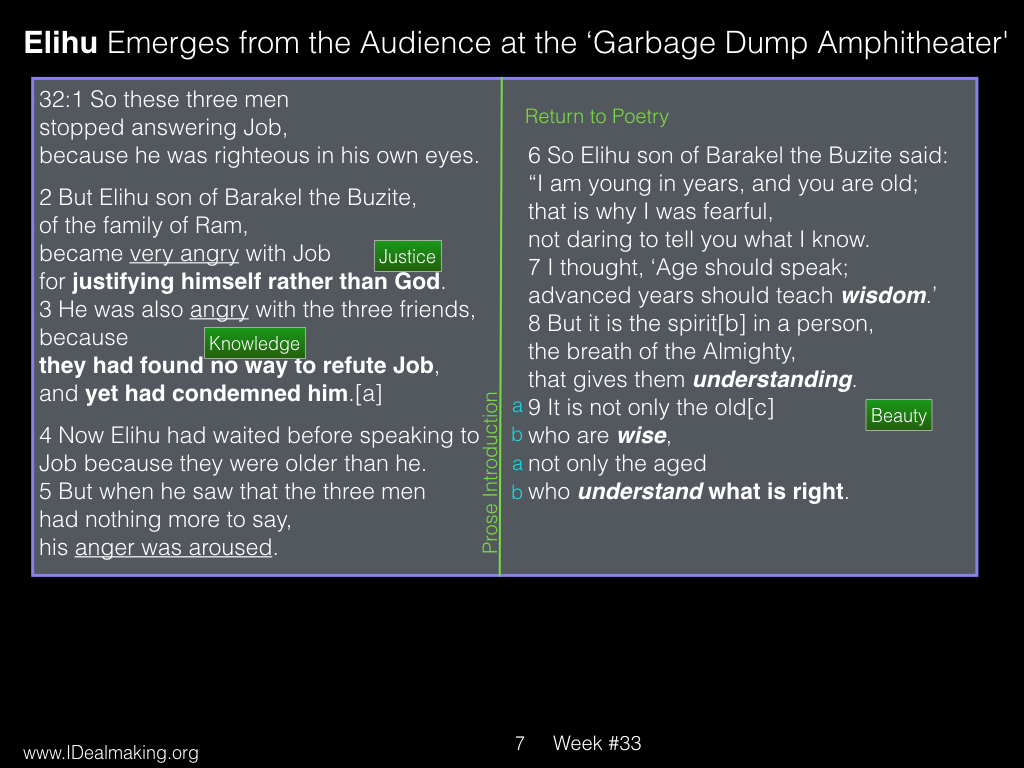
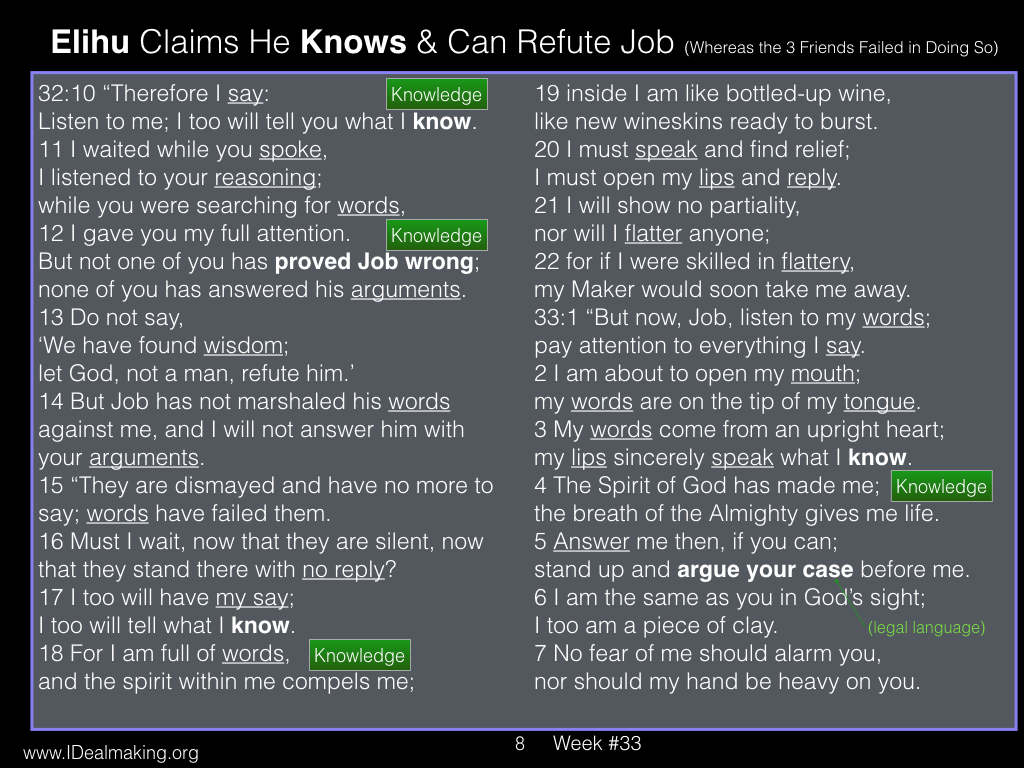
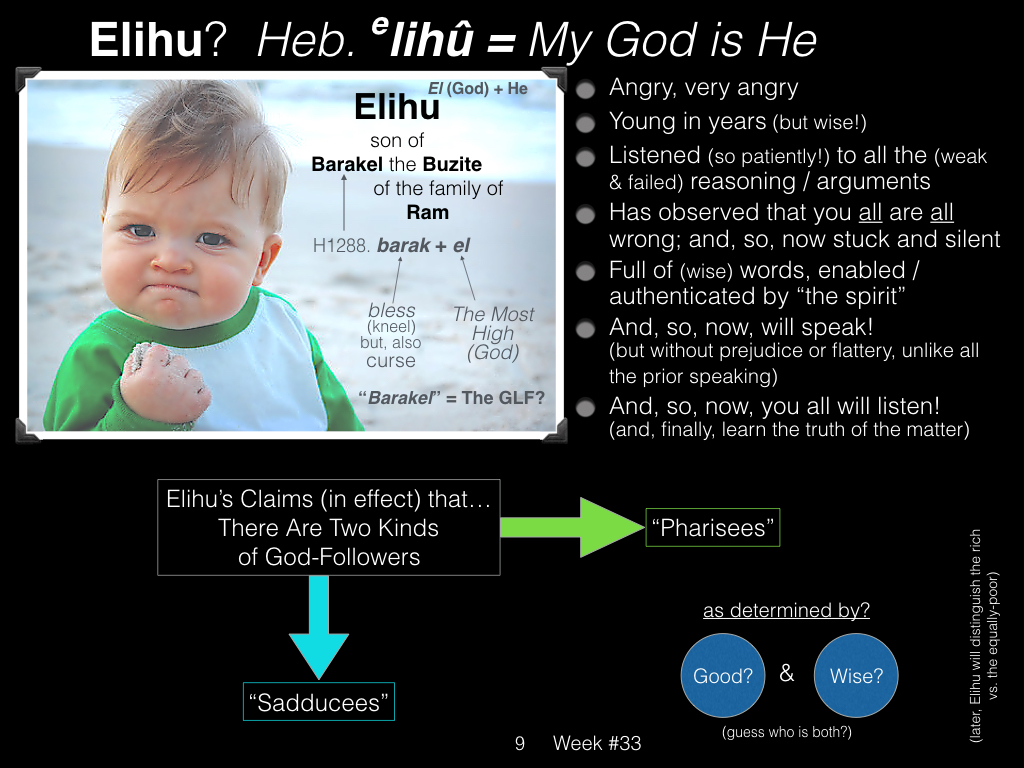
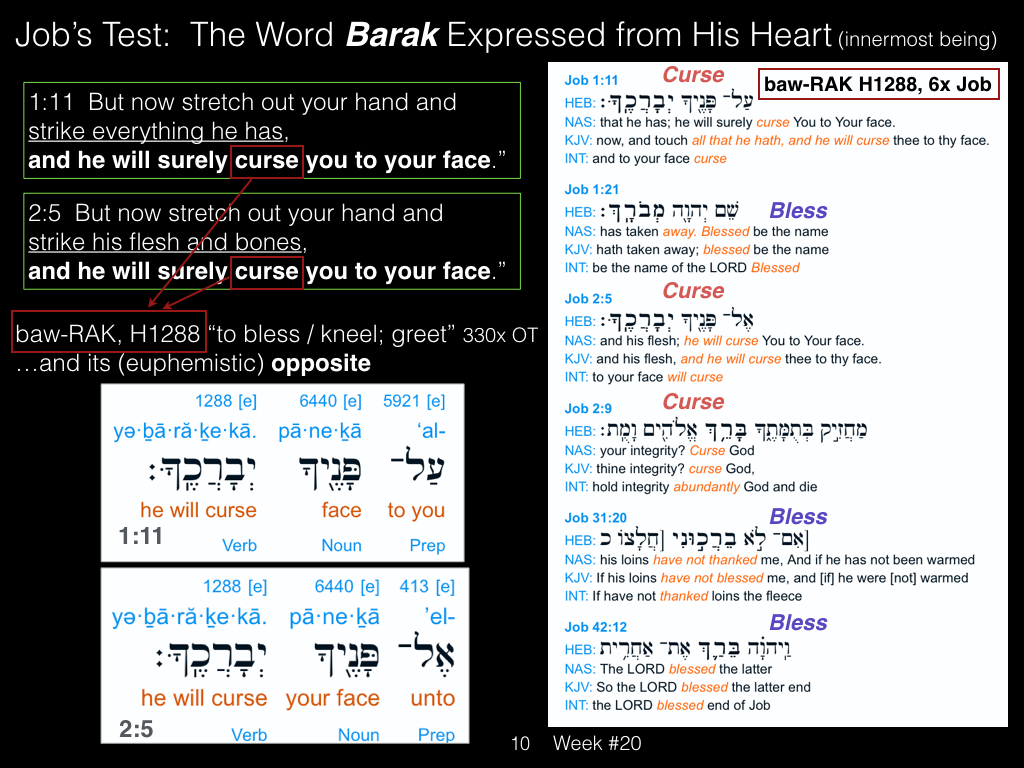
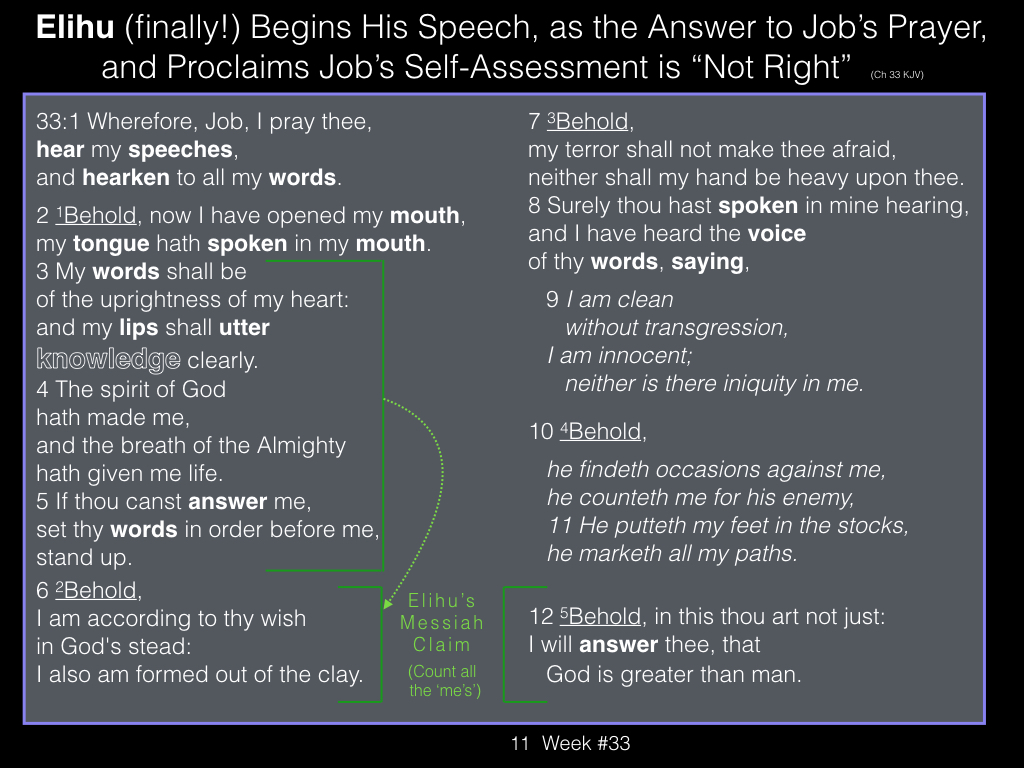
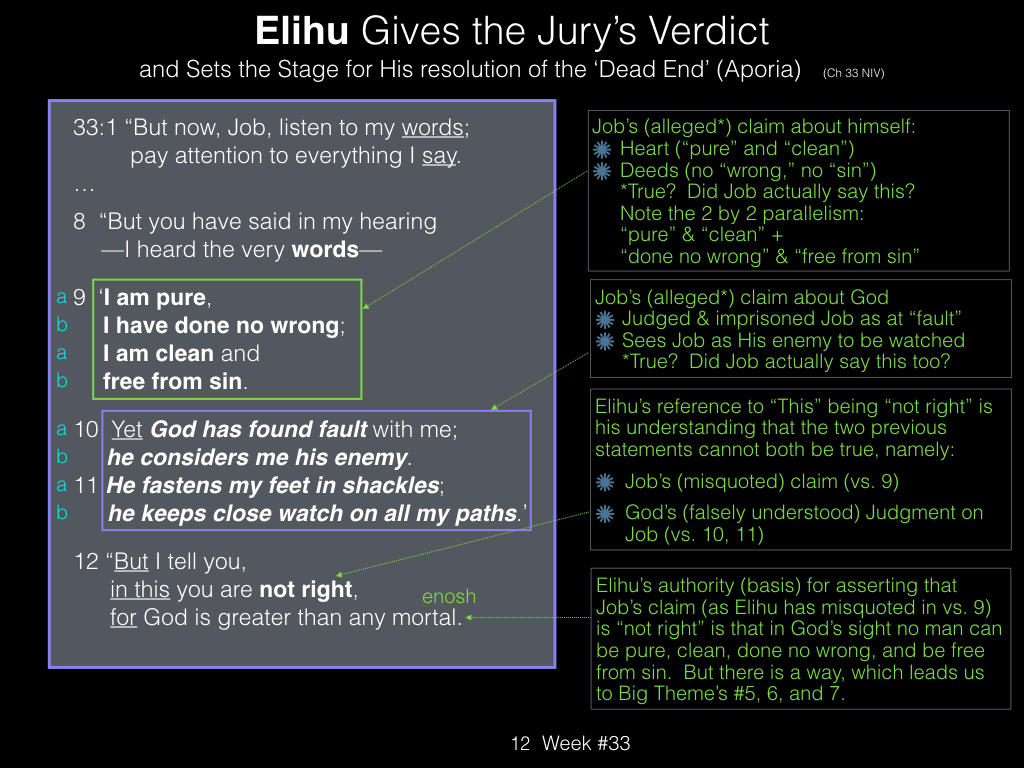
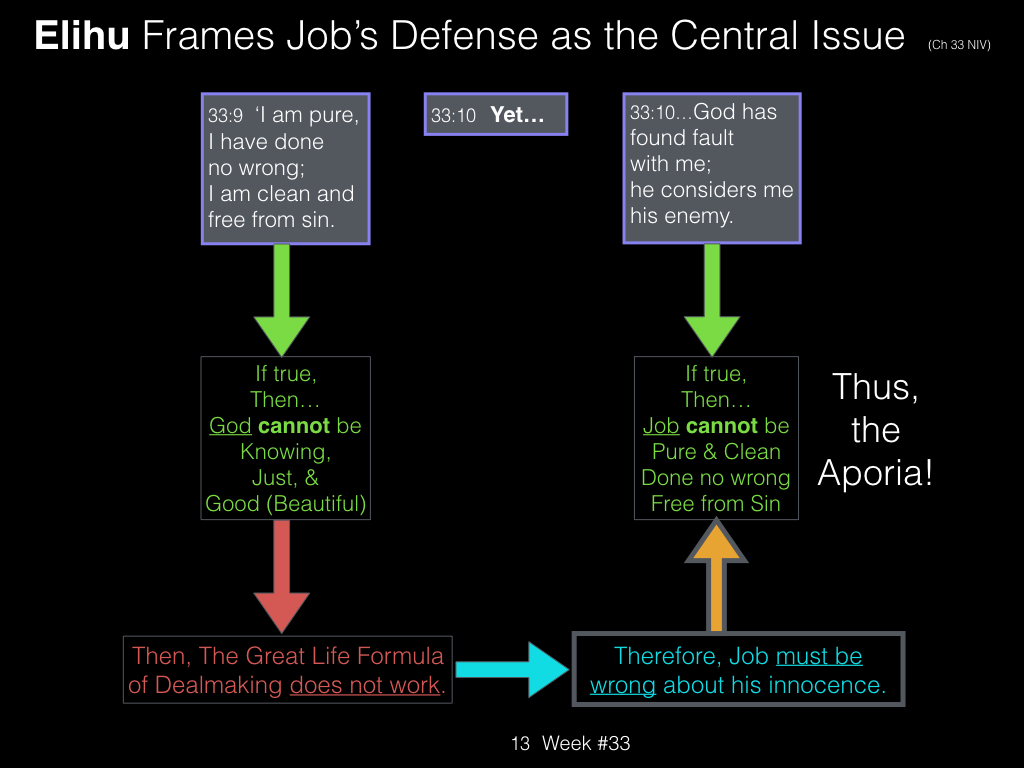
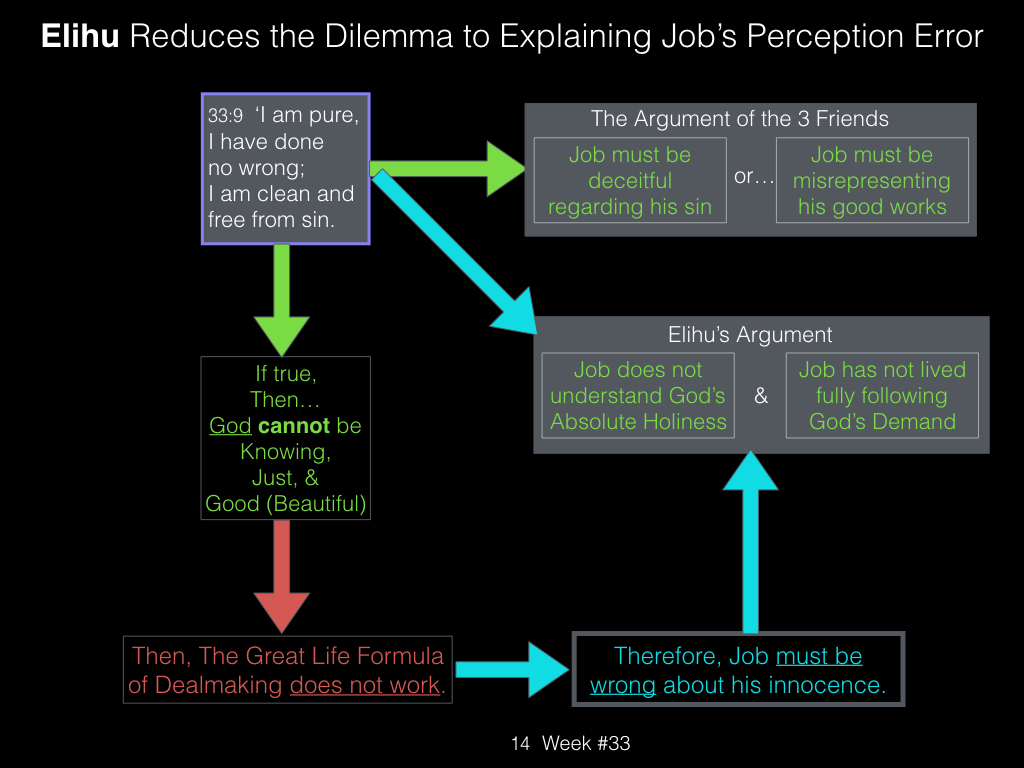
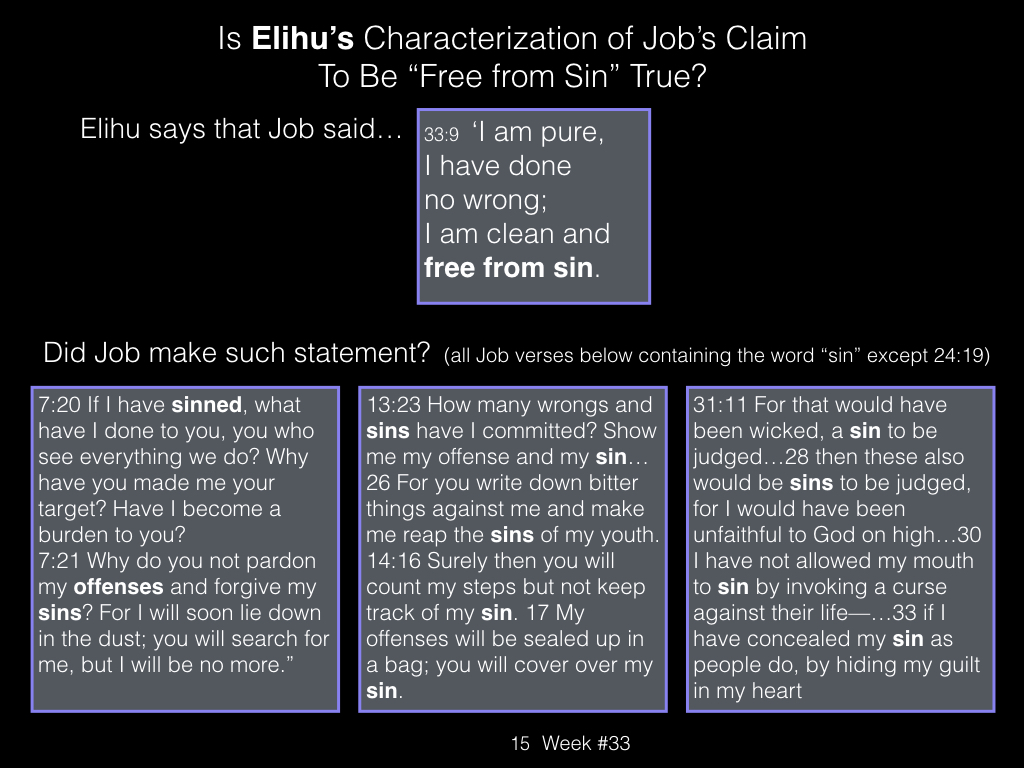
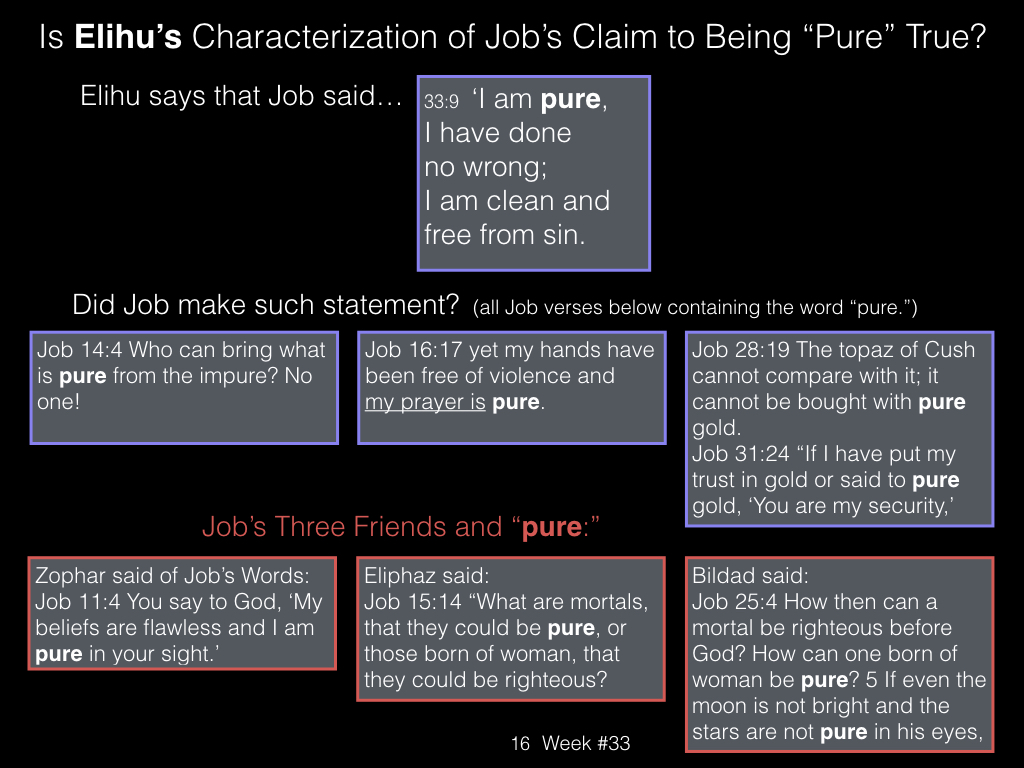 ‘
‘